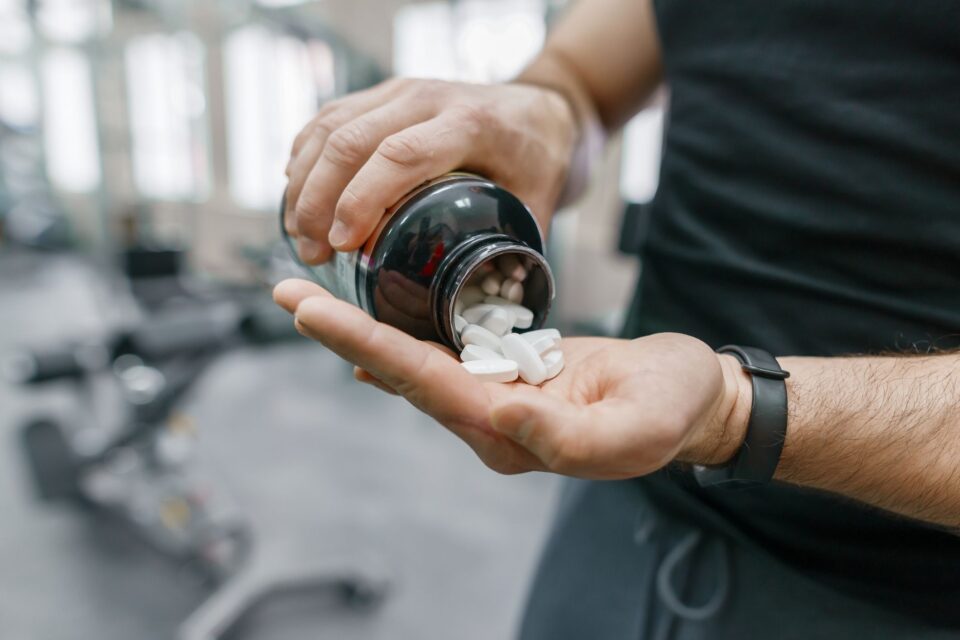A healthy testosterone level becomes increasingly crucial as men age. While prescription testosterone replacement is an option for clinically low testosterone, natural testosterone boosters offer a compelling alternative.
- Increased muscle mass and strength – Testosterone is a potent anabolic hormone that signals muscle growth. Strength training and lean mass training work well together.
- More energy and stamina – Optimal testosterone is linked to lower fatigue, higher vitality, and the ability to take on more physical and mental challenges throughout the day.
- Enhanced libido and function – Testosterone is a key driver of sexual desire and erectile function. Boosting T can restore a flagging libido and improve sexual performance.
- Better moods and motivation – Testosterone enhances assertiveness, confidence, and drive. The low T level causes irritability and anxiety.
- Reduced body fat – truehealthdiary look at hone health supports metabolism and signals the body to burn fat rather than accumulate it. Higher T makes it easier to get lean.
- Sharpened mental focus – From concentration to spatial skills, optimal testosterone benefits cognitive functions that decline with age-related drops in T levels.
Assess the ingredients
Analyzing the active ingredients in a testosterone booster provides the best gauge of potential effectiveness. Here are researched natural compounds to seek out:
- D-Aspartic Acid – This amino acid can increase luteinizing hormone, which signals the testes to produce more testosterone. A typical dose is 2-3 grams.
- Vitamin D – Getting sufficient vitamin D optimizes testosterone production. Around 3000 IU daily is a common dosage.
- Magnesium – This mineral is involved in over 300 processes, including testosterone synthesis. Aim for 400-500 mg, typically as magnesium citrate.
- Zinc – As little as 3 mg of zinc per day can bump T levels. Look for zinc gluconate or picolinate, around 30 mg.
- Fenugreek – The saponins in fenugreek may limit sex hormone binding globulin, increasing usable testosterone. 500-600 mg daily is common.
- DHEA – As a testosterone precursor, DHEA levels decline with age but supplements may provide modest boosts. 25-50 mg serves most men.
Check the company’s reputation
Along with the formula itself, scrutinize the company selling the testosterone supplement. Factors like:
- Years in business – Look for established manufacturers with a long, stable track record. New fly-by-night companies should raise a red flag.
- Manufacturing process – Rigorous cGMP-compliant manufacturing procedures ensure quality. Made in FDA-registered facilities is ideal.
- Testing protocols – Reputable companies post third-party lab reports to validate purity and potency. This confirms what’s on the label is in the bottle.
- Customer reviews – Unbiased reviews provide valuable insight into other users’ experiences with both products and brands.
- Money-back guarantee – Companies that stand behind their supplements will offer satisfaction guarantees. This allows risk-free trial.
Verify results
A booster formulation often cites clinical studies. Look for human-based randomized controlled trials published in peer-reviewed journals, not just animal research. Dosages used in studies should match what’s found in the product. Seek robust samples, extended treatment periods, and metrics like serum T levels – not just subjective surveys. While advertisers tout positive results, also check for disclosed side effects and drawbacks. No supplement benefits everyone, so maintain realistic expectations.

